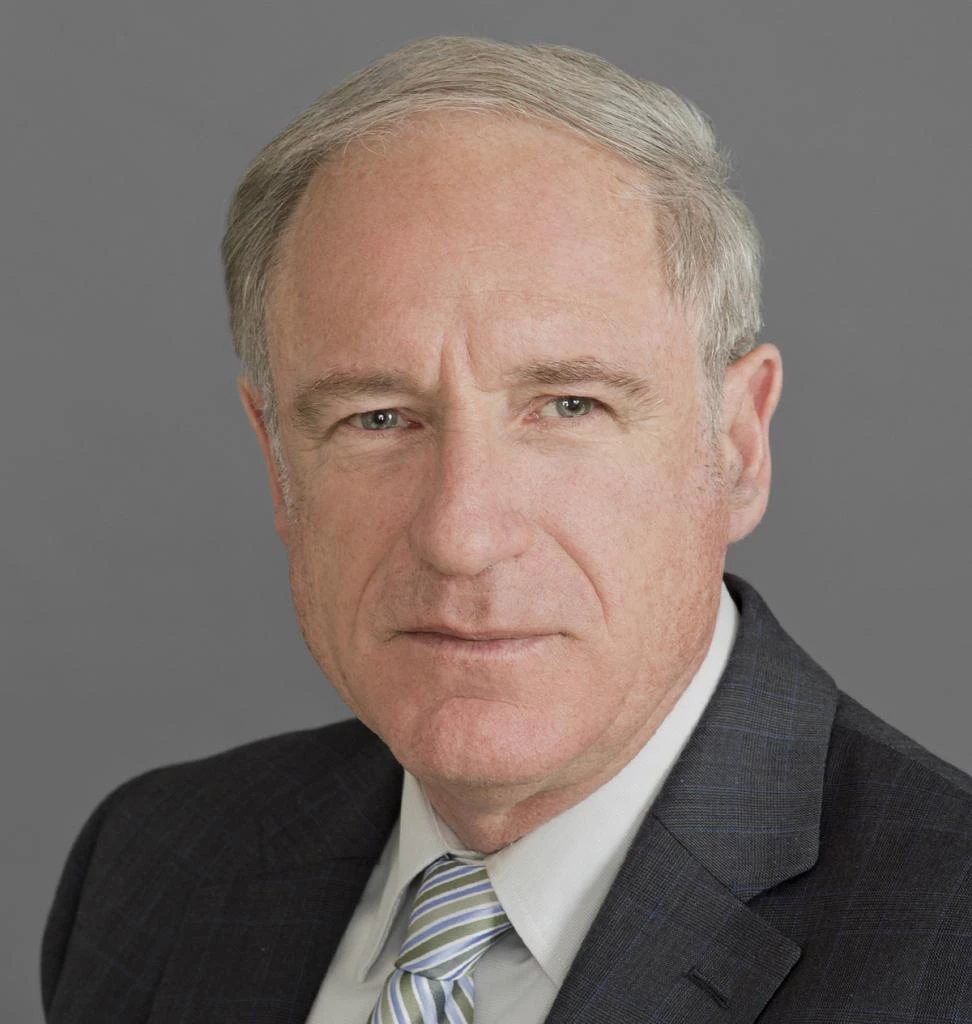Can a new set of brains bring a new set of solutions to water problems? Water is at the heart of some of the world's most pressing development challenges. For example:
- human development: diarrhea kills more children than AIDS, malaria and TB combined.
- energy security: hydropower is the only renewable energy source currently deployed at scale
- food security: agriculture will face increasingly powerful demands to allocate water to urban, industrial and environmental services.
- urban development: droughts and floods will grow more intense and frequent in cities.
Experts in traditional water disciplines such as sanitation, irrigation, dams and urban water will continue their work. But there is a need for non-traditional approaches. Are we really taking full advantage of now-ubiquitous mobile phones, mobile internet access and social media tools to transform inclusion, citizen participation and transparency in water management and water services?
Are we using open data to full practical advantage in this, one of the world's great, pressing problems.
In search of non-traditional solutions to water problems, the World Bank is launching WaterHackathon. From Oct 21-23, 2011, software developers and designers will team up with water experts to create new tools for solving water problems. WaterHackathon will take place simultaneously at multiple locations, including Nairobi, Cairo, Bangalore, London, Kampala, Tel Aviv, and Washington DC. They'll be "techie" events, but the techies need water people to help them. The help they need is for water people to pose the problem. In fact, the more water people participate the more good useable solutions will get developed.
If you work in water, inside or outside the Bank group you can get involved. For an hour or a weekend. Start by asking yourself: "What information do I wish I had?" For example, I wish I knew whether the water point down the road was working today. There’s an app for that. I wish I knew whether my irrigation pump is on. There’s an app for that too. Conversely, if you sit on a lot of data, ask yourself, "what information do I have that others might need?” For example, my country’s weather station is far more accurate than satellite data but no one has access to it. That’s an app we’re working on. Here's an example of a real problem submitted by a utility in Nairobi.
Join the WaterHackathon. You can submit a problem here.


Join the Conversation